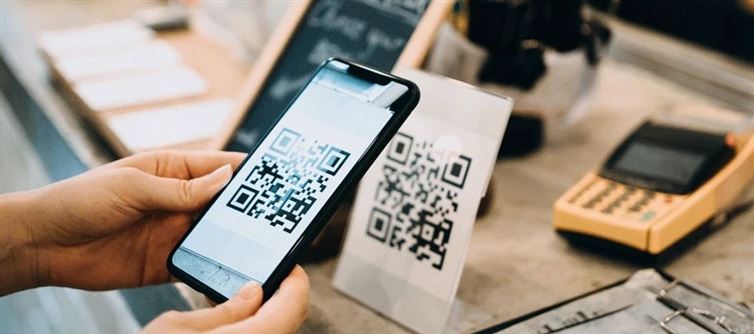
RBI Guv On Future Of UPI
"Money and payments are essential. We require a system that works for everyone. The UPI service is now free of fees. A number of participants in the UPI payments system, including banks, are receiving subsidies from the government. Malhotra told the Financial Express, "There are some expenses that must be covered.
For any service to be genuinely sustainable, he added, "its cost should be paid whether collectively or by the user." "Any important infrastructure must bear fruit," he stated. The backend infrastructure of UPI, which is primarily maintained by banks, payment service providers, and the National Payments Corporation of india (NPCI), is under more stress now than ever before, Malhotra continued.
RBI governor On UPI System Cost
Since there are now no fees associated with UPI transactions, he emphasized the significance of making the system financially viable. The government is providing banks and other businesses with subsidies to keep this system free. Malhotra did, however, point out that such a model cannot be maintained permanently, raising the prospect of future fees being applied to UPI transactions.
The RBI Governor's comments are extremely important in light of the tremendous increase in UPI usage. Over 600 million UPI transactions now occur every day, having doubled in the last two years.
Furthermore, UPI transactions now bring in no money because of the government's zero merchant discount rate (MDR) policy. As a result, industry participants have cautioned over and again that the current paradigm is not financially viable.




 click and follow Indiaherald WhatsApp channel
click and follow Indiaherald WhatsApp channel